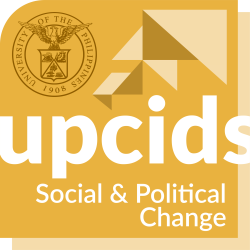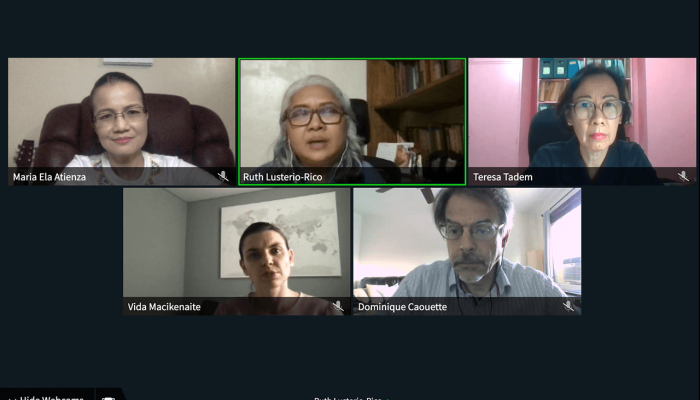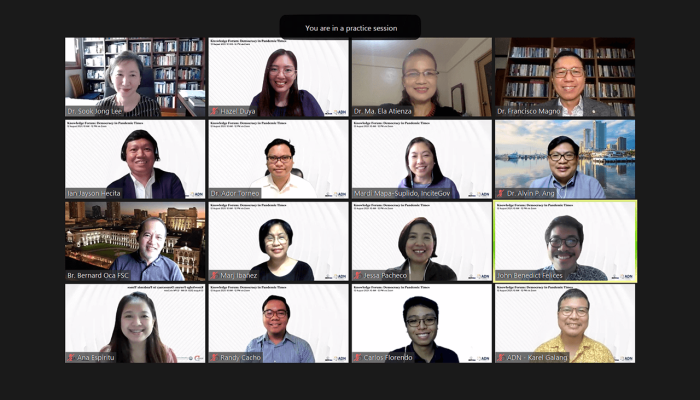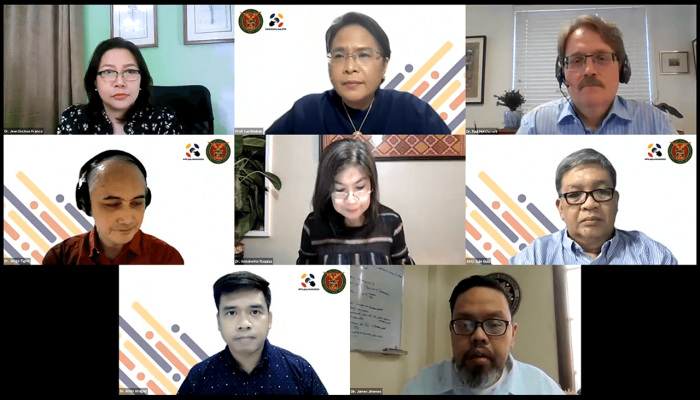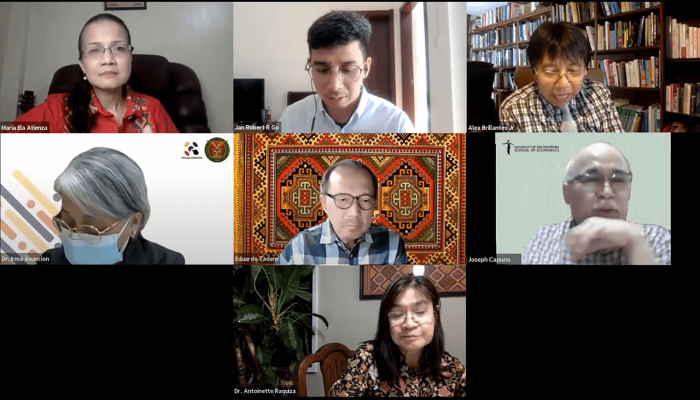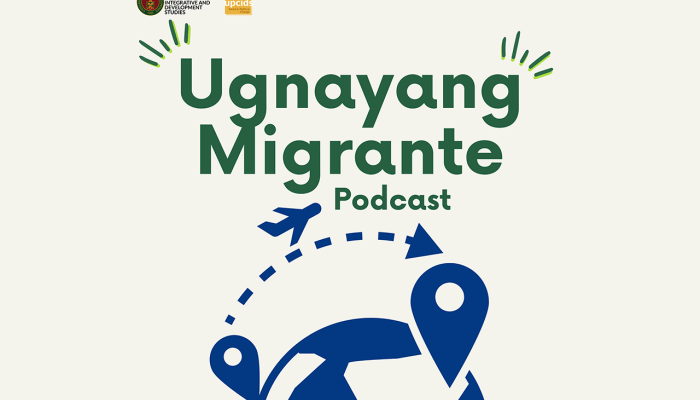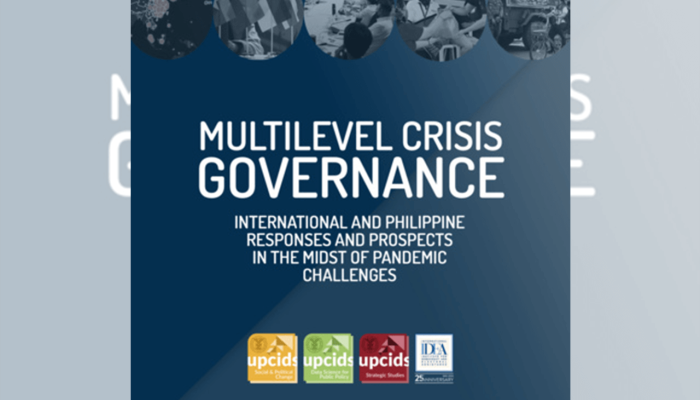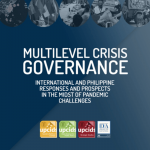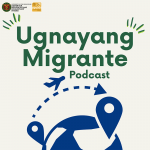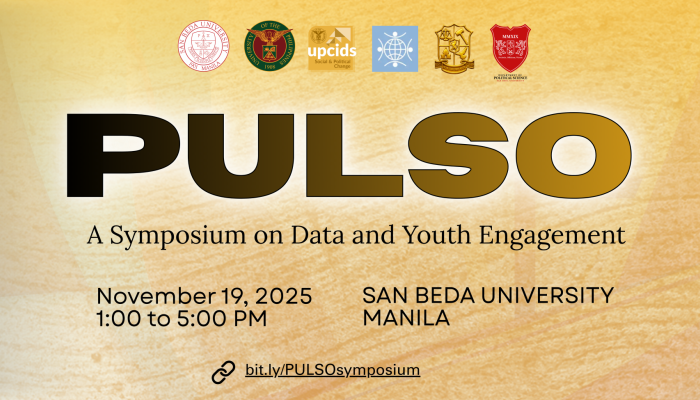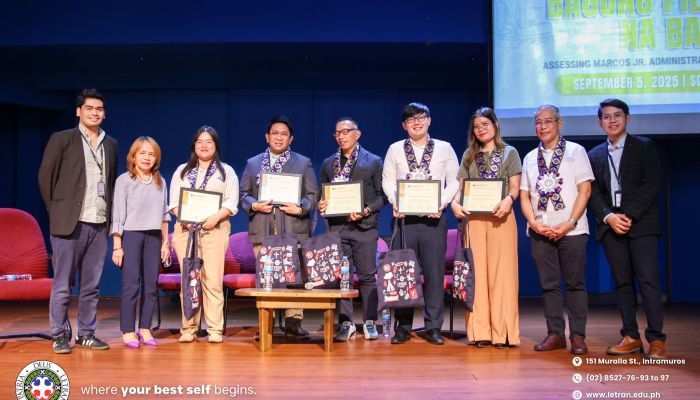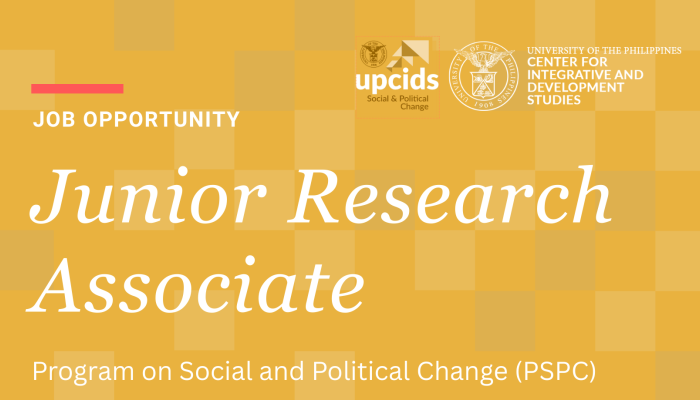Rationale
The task of the Program on Social and Political Change (PSPC) is to provide a platform for understanding these varied social and political challenges facing the country today. Broadly, PSPC’s aim is to allow experts from a variety of disciplines in the University to develop a better understanding of past, current, and future social and political tensions that can arise and impact on modern Philippine society and polity.
It is designed to produce empirical studies using a variety of methods and approaches to better understand the different social and political issues, transitions, and disruptions affecting the country and world. These studies form the basis for policy inputs and discussions at both the local, national, and international levels.
Objectives
PSPC seeks to (a) describe and analyze the current social and political issues facing the country as well as (b) highlight and anticipate the likely shifts and transformations that might follow from such issues and (c) examine their implications on society, economy, and public policy, as well as (d) communicate its findings to a wider audience of intellectuals, policy makers, and the general public.
PSPC’s main objective of the research is to lead to possible sets of policy options, responses, and recommendations by government as well as by other social institutions including development agencies.
